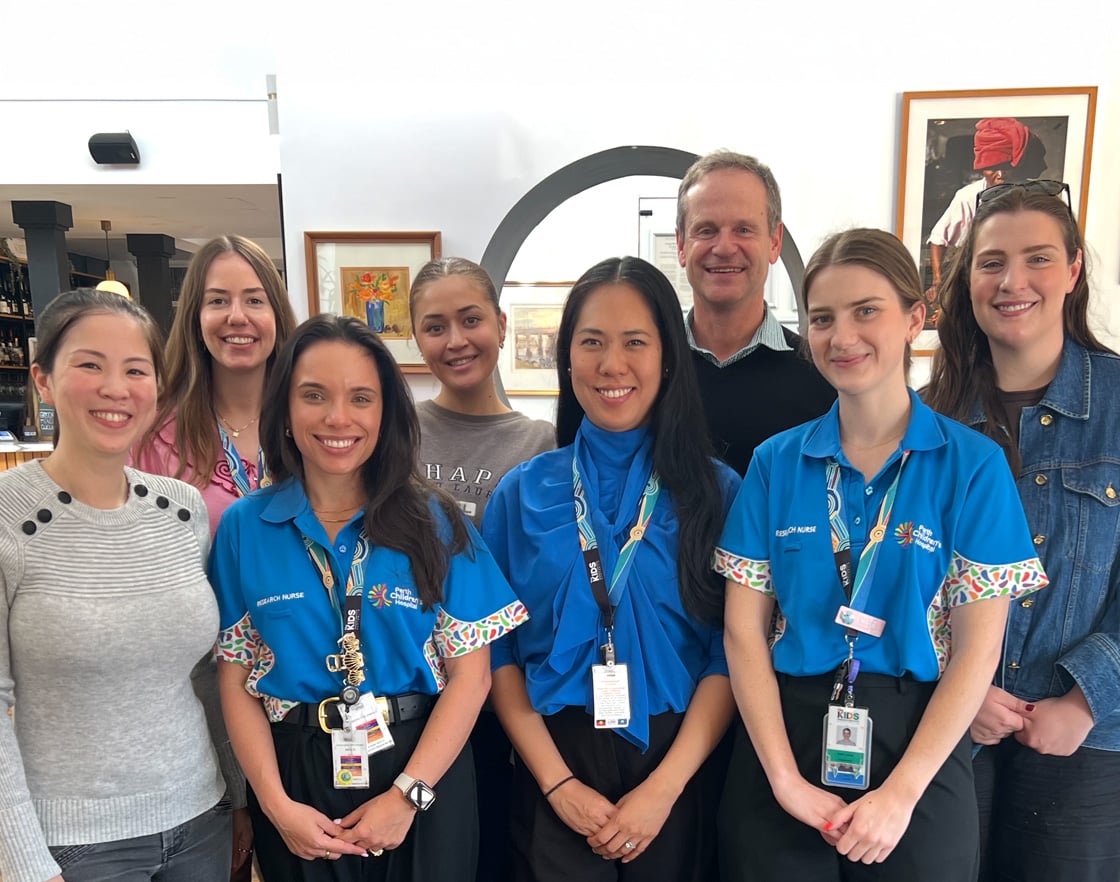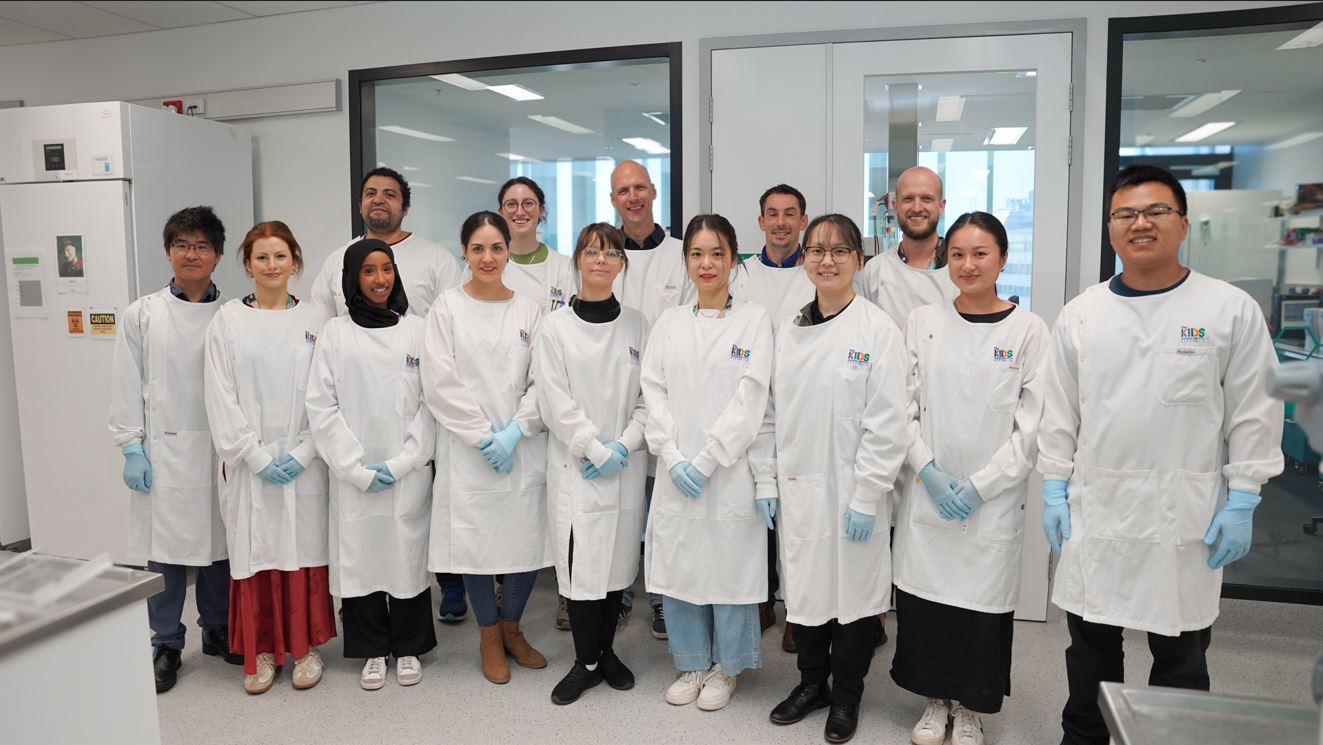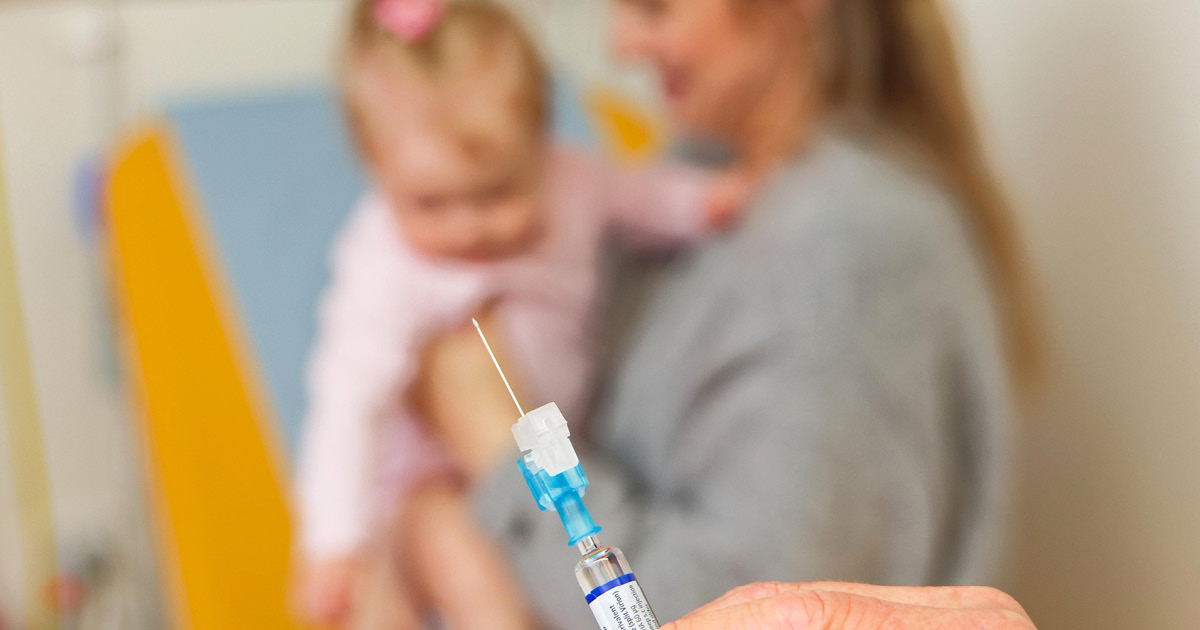Search
Showing results for "1"
Research
Epidemiology and mortality of staphylococcus aureus Bacteremia in Australian and New Zealand childrenDescribe the epidemiology of Staphylococcus aureus bacteremia in children and adolescents younger than 18 years from Australia and New Zealand
Research
The global epidemiology of impetigo: A systematic review of the population prevalence of impetigo and pyodermaWe conducted a comprehensive, systematic review of the global childhood population prevalence of impetigo and the broader condition pyoderma.
Research
Is Streptococcus pyogenes resistant or susceptible to trimethoprim-sulfamethoxazole?Streptococcus pyogenes is commonly believed to be resistant to trimethoprim-sulfamethoxazole (SXT), resulting in reservations about using SXT for skin and...

Our team aims to optimise lung health early in life to ensure the best possible health outcomes later in life.

We aim to discover and develop safer and more effective treatments by doing inventive and rigorous research to improve outcomes for kids with cancer.

Learn about our timepoints for online questionnaires and Kids Check Appointments.
These project websites display extended detailed information about specific research areas.
Research
Genetics, Transcriptomics and Meta-Taxonomics in Visceral LeishmaniasisVisceral leishmaniasis (VL) caused by parasites of the Leishmania donovani complex can be fatal in susceptible individuals. Understanding the interactions between host and pathogen is one way to obtain leads to develop better drugs and for vaccine development. In recent years multiple omics-based approaches have assisted researchers to gain a more global picture of this interaction in leishmaniasis. Here we review results from studies using three omics-based approaches to study VL caused by L. donovani in India.

As a leading research site in Australia, the Wesfarmers Centre of Vaccines and Infectious Diseases played an instrumental role in the global effort to develop a world-first RSV immunisation for young babies.

Formative research undertaken by The Kids Research Institute Australia has helped inform tough new laws introduced by the Federal Government to reduce the harm caused by vapes.
